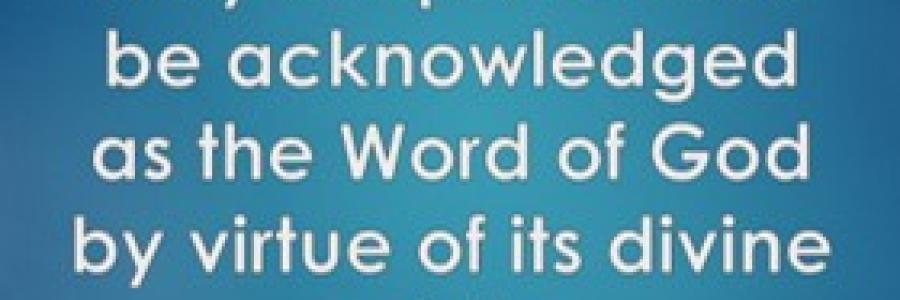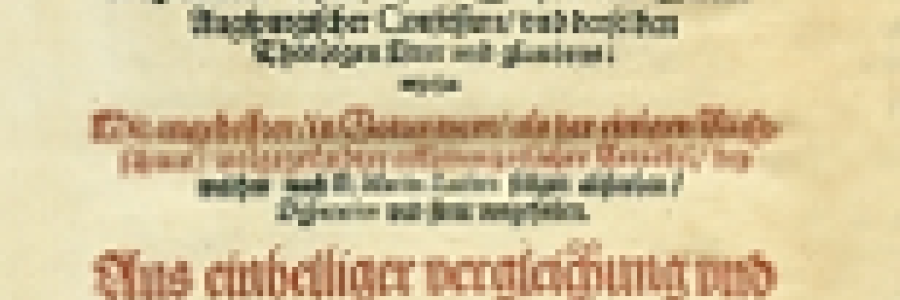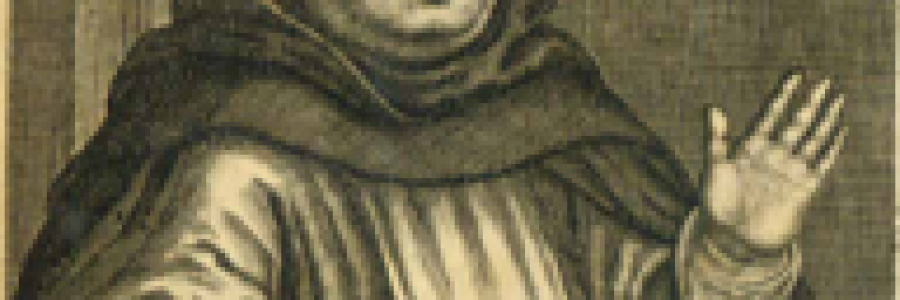Theology Thursday - 1978 Chicago Statement on Biblical Inerrancy (Part 2)
What follows is the first part of the “Exposition” section from the 1978 Chicago Statement. The original text is available here. For some helpful backkground, see this interview with R.C. Sproul.
Exposition
Our understanding of the doctrine of inerrancy must be set in the context of the broader teachings of the Scripture concerning itself. This exposition gives an account of the outline of doctrine from which our summary statement and articles are drawn.
Creation, Revelation and Inspiration
The Triune God, who formed all things by his creative utterances and governs all things by His Word of decree, made mankind in His own image for a life of communion with Himself, on the model of the eternal fellowship of loving communication within the Godhead. As God’s image-bearer, man was to hear God’s Word addressed to him and to respond in the joy of adoring obedience. Over and above God’s self-disclosure in the created order and the sequence of events within it, human beings from Adam on have received verbal messages from Him, either directly, as stated in Scripture, or indirectly in the form of part or all of Scripture itself.











Discussion